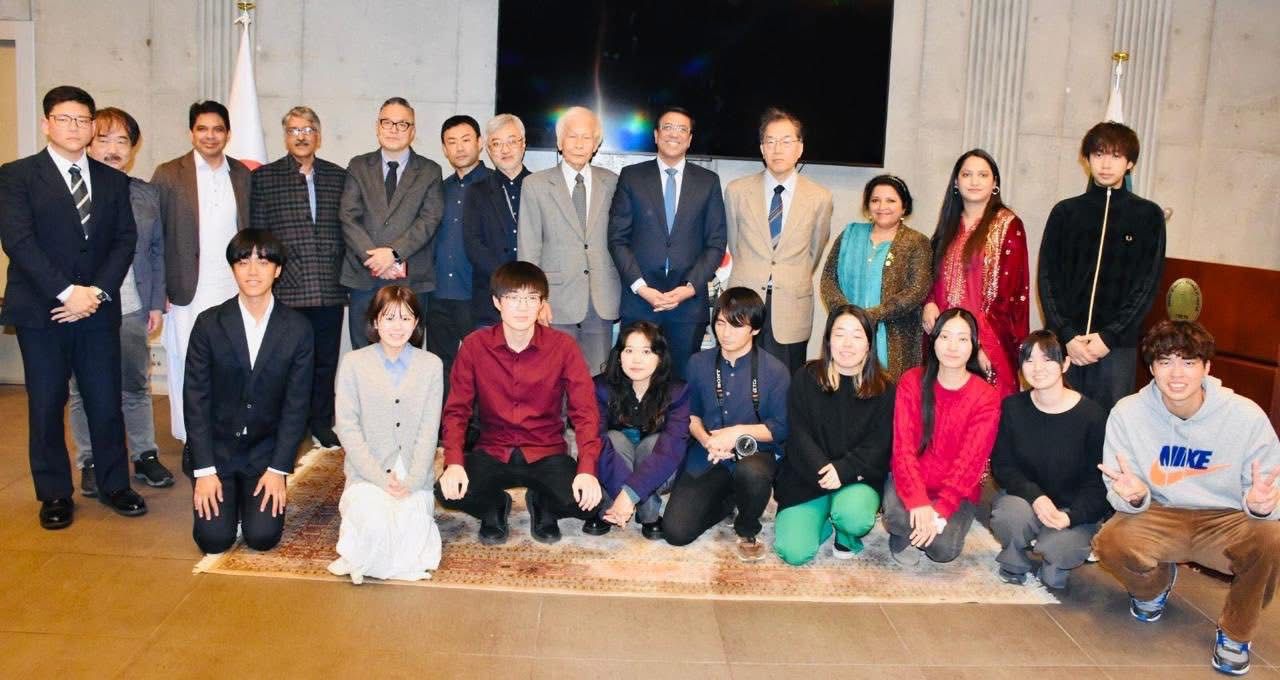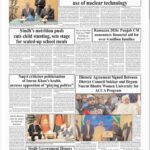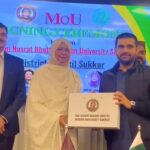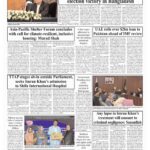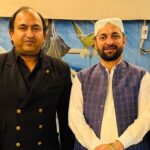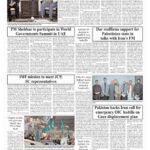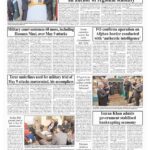Tokyo, November 9, 2025
The Embassy of Pakistan in Tokyo hosted a dignified event to commemorate the birth anniversary of the Poet-Philosopher and national thinker, Dr. Allama Muhammad Iqbal. The ceremony, divided into two sessions, brought together eminent scholars, students, and members of the Pakistani community to pay homage to Iqbal’s timeless message of selfhood, awakening, and intellectual freedom.
The program commenced with the recitation of verses from the Holy Qur’an, followed by a melodious performance inspired by Iqbal’s poetry. In his opening remarks, Pakistan’s Ambassador to Japan, H.E. Mr. Abdul Hameed, paid tribute to Iqbal’s vision and emphasized the continued relevance of his message. He noted that Iqbal’s philosophy of khudi (selfhood) and his call for introspection and action remain guiding principles for nations striving for dignity and progress.
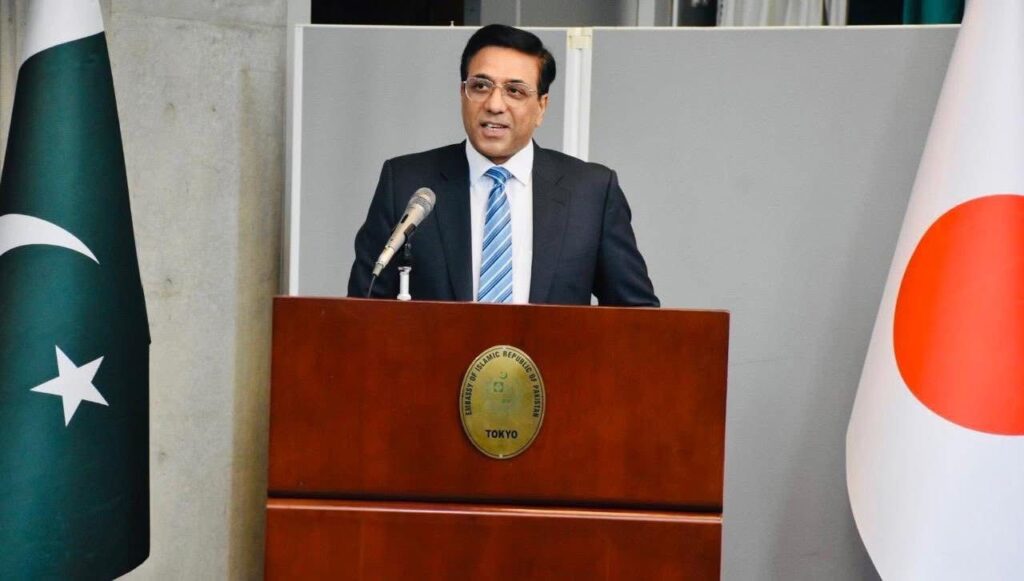
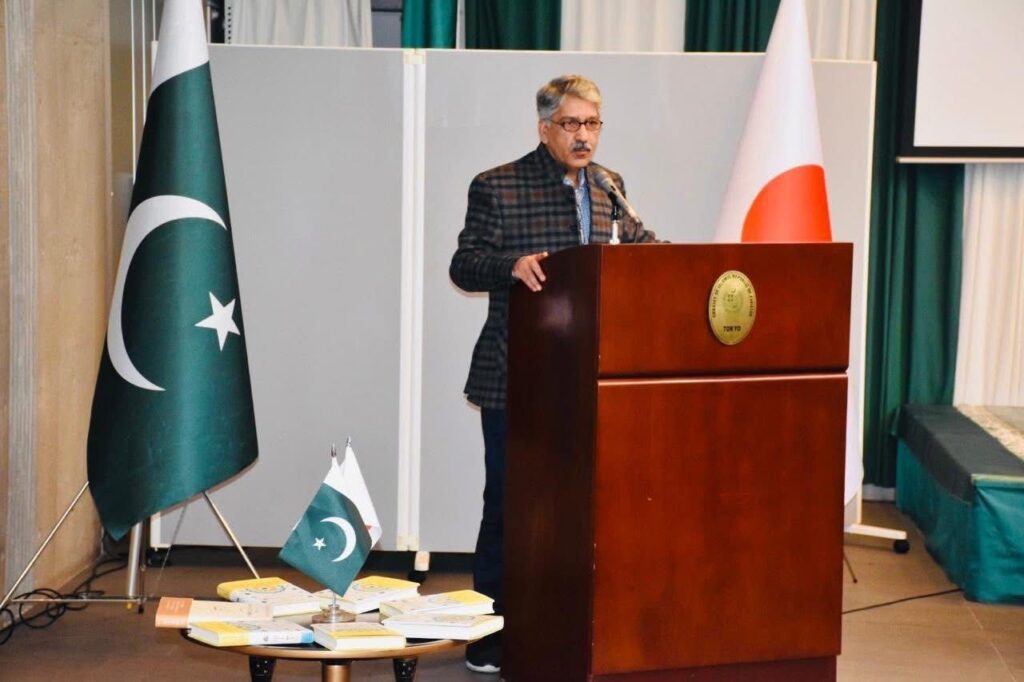
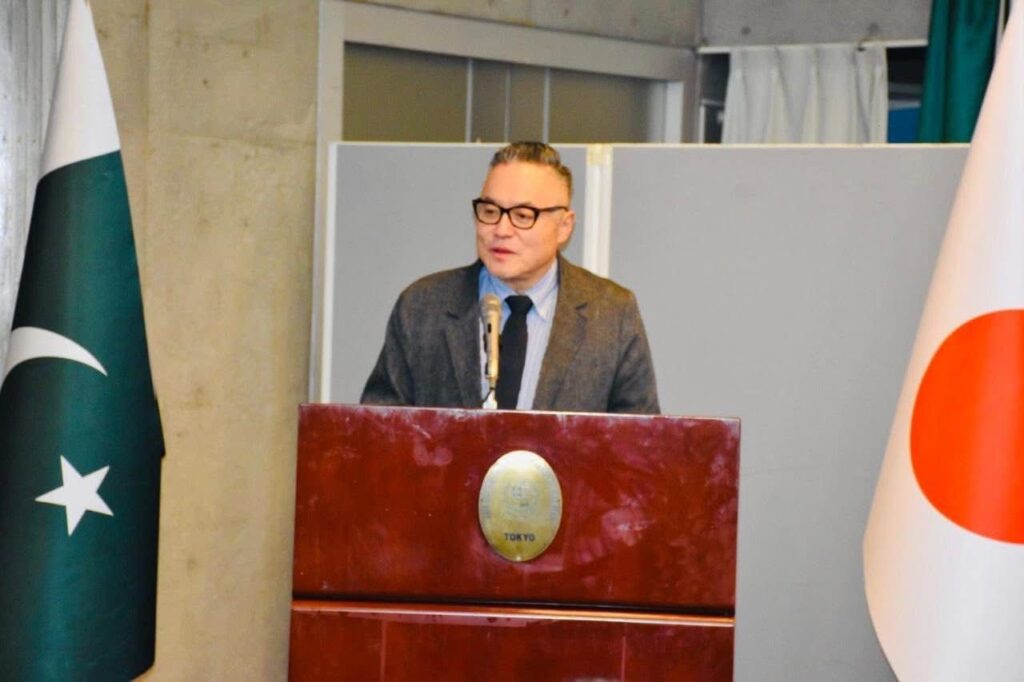
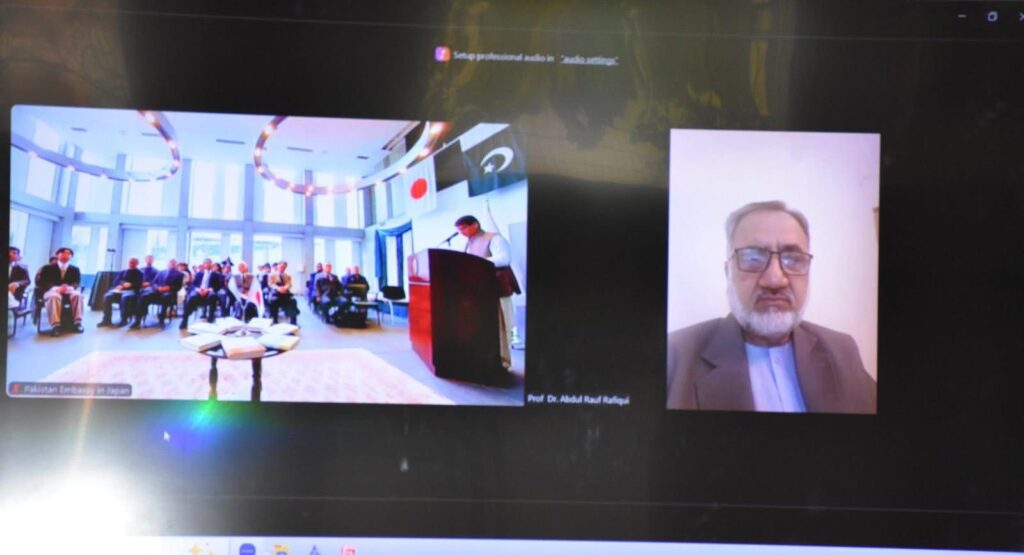
“Dr. Iqbal’s thought transcends time and geography,” the Ambassador said. “He awakened the Muslim world to rediscover its intellectual and spiritual strength, and his poetry continues to inspire movements for freedom, self-respect, and human dignity across the world.”
The event featured a distinguished lineup of speakers and panelists from Pakistan, Japan, and beyond.
Professor Hiroji Kataoka, recipient of Tamgha-e-Imtiaz (Medal of Excellence), delivered the keynote address, highlighting Iqbal’s influence on global philosophical thought and his deep understanding of both Eastern and Western traditions.
From the Tokyo University of Foreign Studies, Professor Mamia Kensaku and Professor Aamir Khan shared perspectives on Iqbal’s literary genius and the enduring appeal of his poetry among Japanese students of Urdu. Osaka University was represented by Professor Zia ul Hasan, Professor So Yamani, and Professor Takamatsu Matsumura, who discussed the universality of Iqbal’s message and his advocacy for creative and moral awakening among youth.
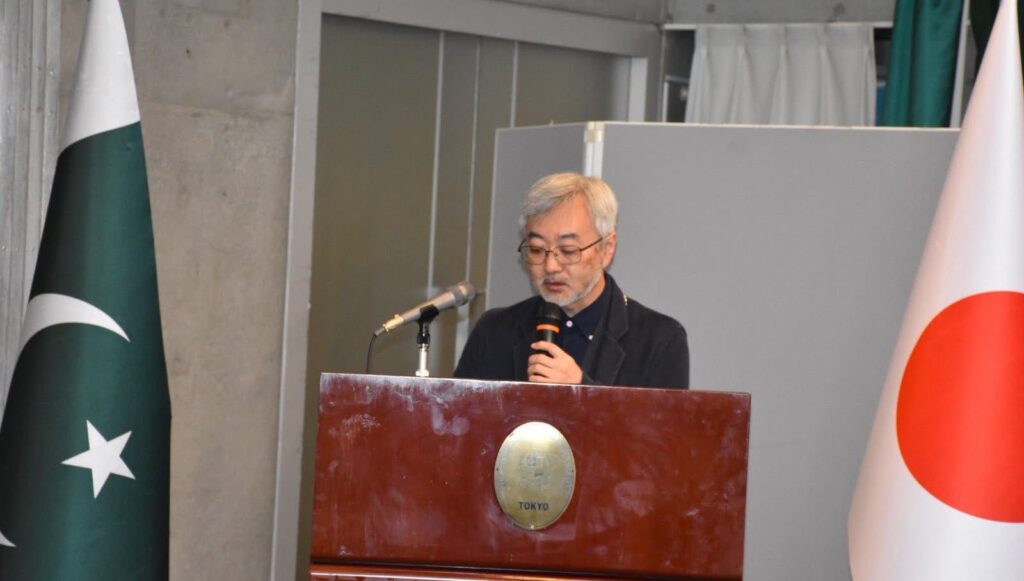
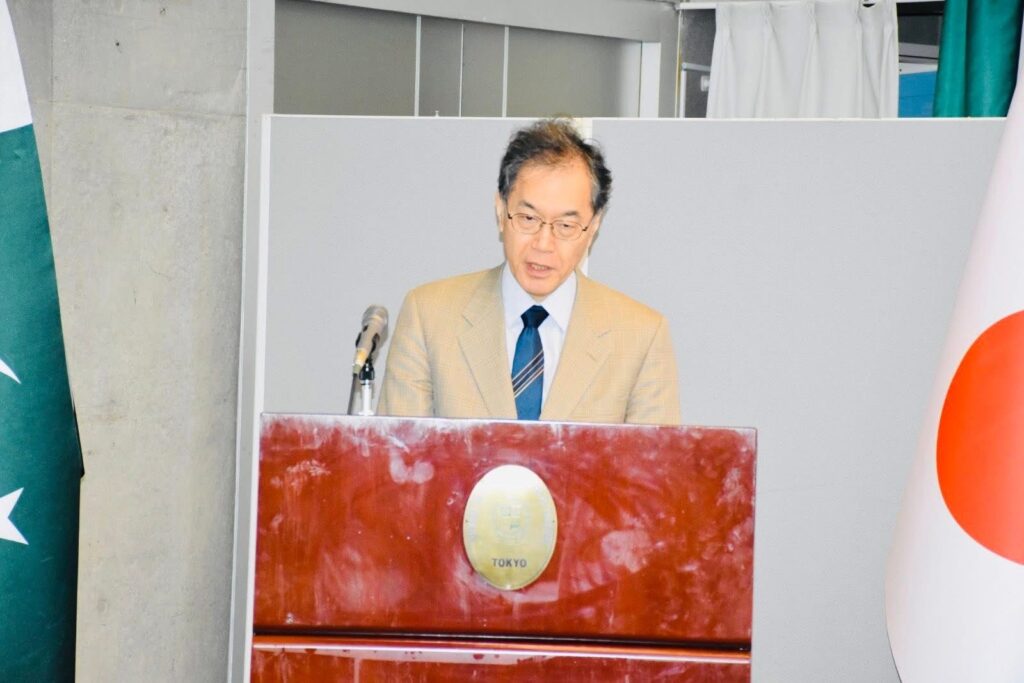
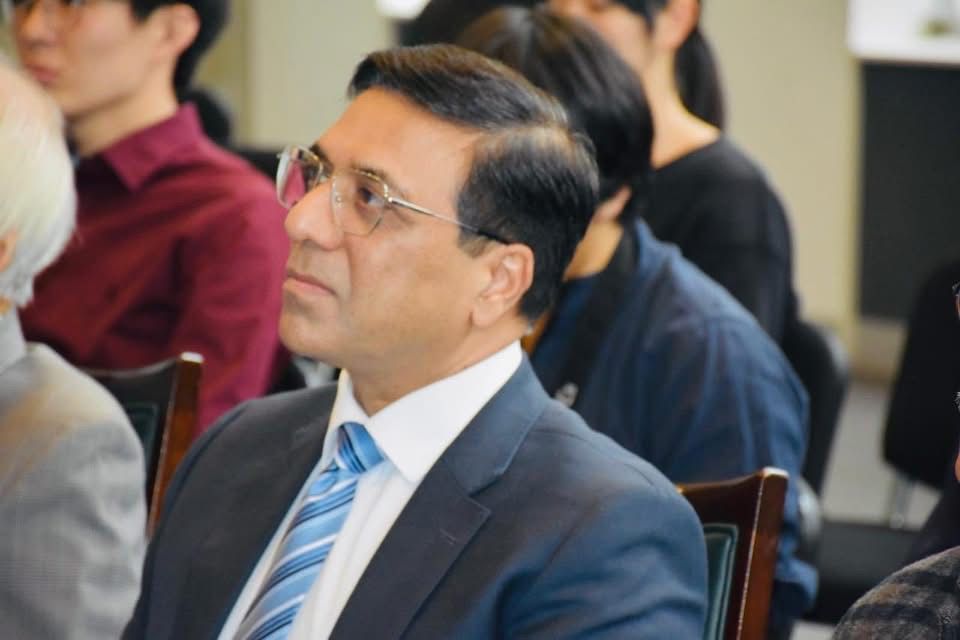
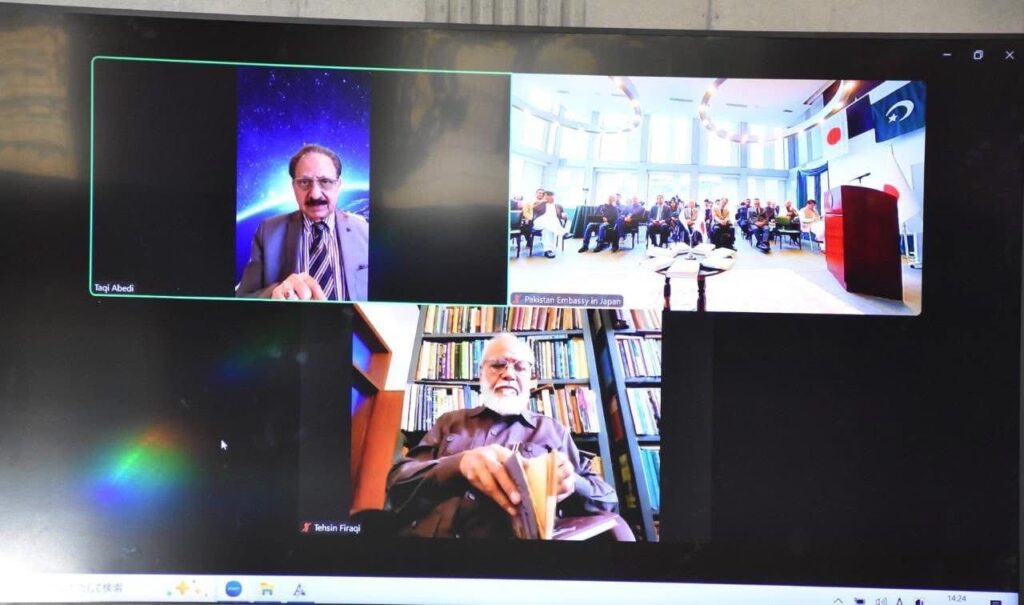
Renowned Iqbal scholar Dr. Taqi Abedi from Australia addressed the gathering virtually, shedding light on Iqbal’s humanism and his vision of the unity of mankind. From Pakistan, eminent scholars Dr. Tahseen Firaqi and Dr. Abdul Rauf Rafique participated as panelists, elaborating on Iqbal’s role in shaping the intellectual foundations of the Pakistan Movement and his relevance to the nation’s contemporary challenges.
The speakers unanimously observed that Iqbal’s philosophy offers timeless guidance in confronting materialism, disunity, and moral decay in modern societies. They stressed that his poetry acts as a bridge between civilizations — connecting spiritual and humanistic traditions of the East with the rational and progressive spirit of the West.
The ceremony was attended by members of the Pakistani community, Japanese academics, and students studying Urdu language and South Asian studies. A notable highlight was the presentation by Mr. Kenta Amagawa, a student from Tokyo University of Foreign Studies, who shared his research paper on Iqbal’s concept of individual self-realization. His insightful presentation was warmly appreciated by the audience.
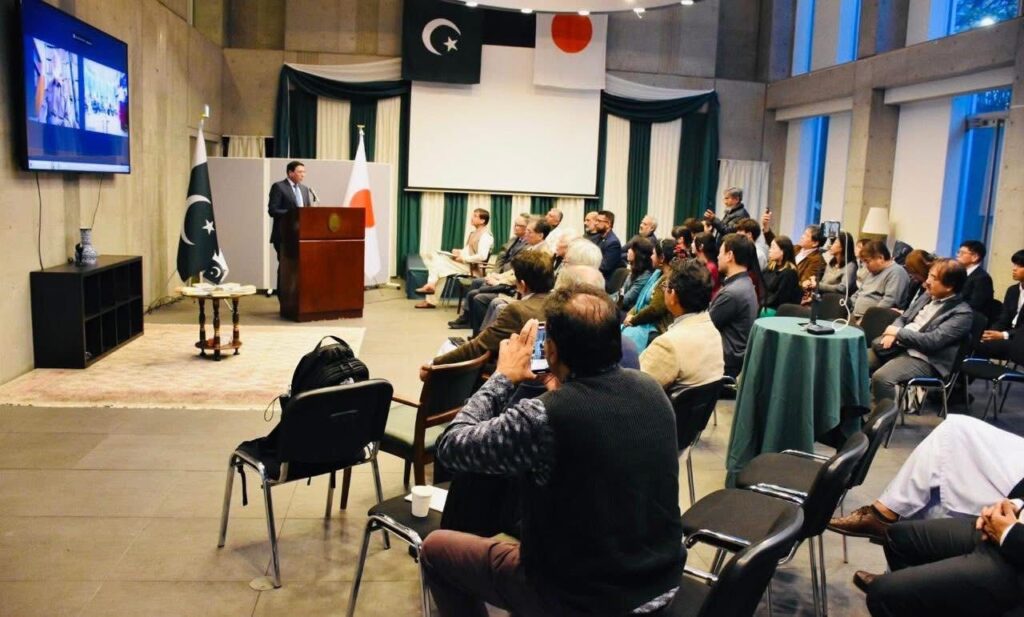
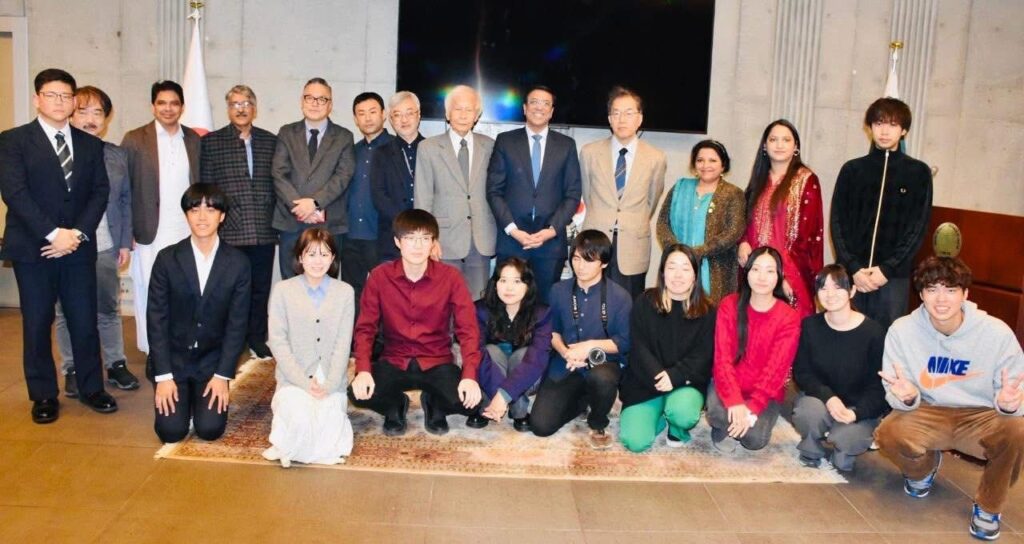
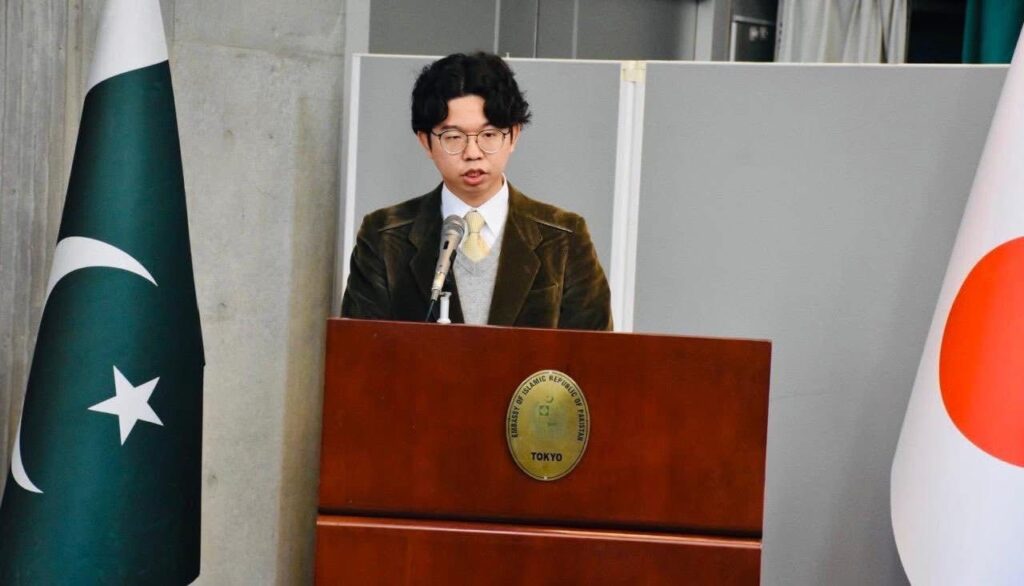
In his concluding remarks, Ambassador Abdul Hameed thanked all speakers and participants, reaffirming that the Embassy will continue to organize such cultural and intellectual events to strengthen mutual understanding and friendship between Pakistan and Japan. He expressed his belief that Iqbal’s vision of harmony between faith and reason, and his message of human dignity, could serve as a source of inspiration for global peace and intercultural dialogue.
The event concluded with expressions of admiration for Iqbal’s poetry and philosophy, followed by informal interactions among guests. Participants paid rich tribute to Iqbal’s intellectual legacy and reaffirmed their commitment to promoting his message among future generations.
The gathering served not only as a commemoration of a visionary thinker but also as a meaningful exercise in cultural diplomacy, underlining Pakistan’s enduring connection with Japan in the realms of art, philosophy, and education. Guests praised the Embassy’s consistent efforts to foster academic exchange and strengthen people-to-people ties between the two nations.
The Embassy’s observance of Iqbal Day in Tokyo once again reaffirmed that Allama Iqbal’s thought — rooted in self-realization, justice, and spiritual elevation — continues to resonate across borders, reminding humanity that true progress begins from within.

